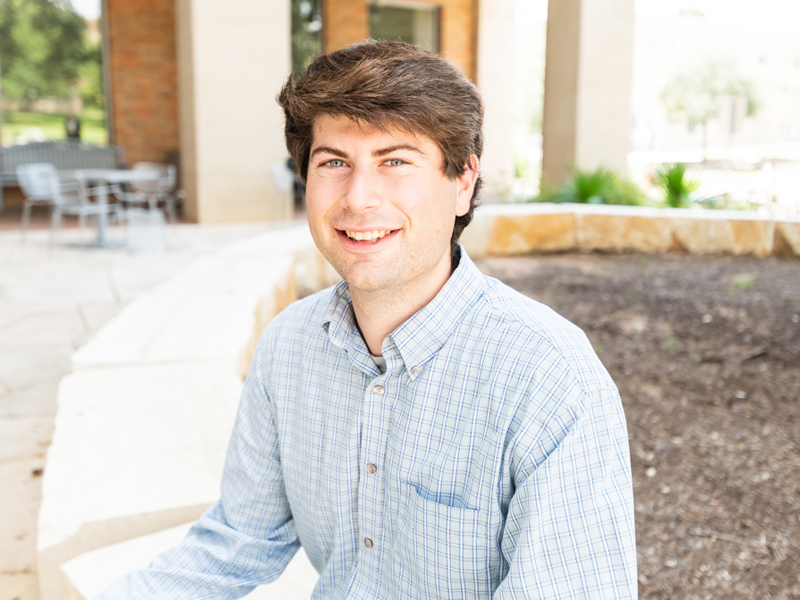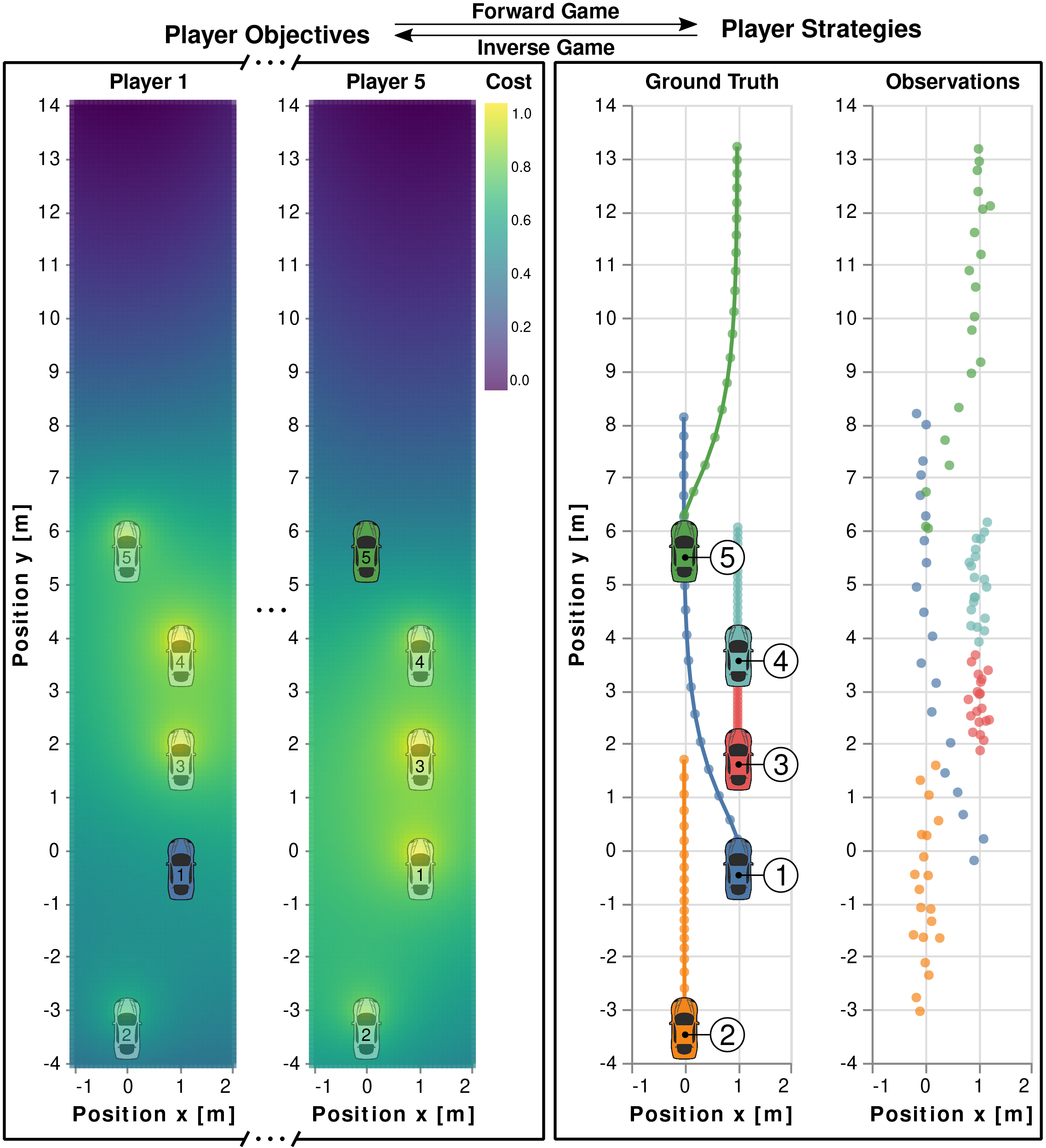David Fridovich-Keil, affiliated faculty member at the Oden Institute for Computational Engineering and Science, has been honored with a National Science Foundation (NSF) Faculty Early Career Development Program (CAREER) award for 2024. The NSF CAREER award is among the most prestigious offered to junior faculty, providing up to five years of funding to those who exemplify the role of teacher-scholars through outstanding research, excellent education and the integration of education and research within the context of their organizations' missions.
A researcher in the Oden Institute’s Center for Autonomy, Dr. Fridovich-Keil was awarded for his proposal, “Game Theoretic Models for Robust Cyber-Physical Interactions: Inference and Design under Uncertainty.”
This proposal is his plan to develop flexible modeling frameworks and efficient algorithms for cyber-physical systems (CPS) – autonomous systems that interact with people, the environment, and other similar systems. Think of your GPS guiding you through city streets – that's a CPS in action. These systems blend computer algorithms with real-world processes, enabling devices to adapt in real-time. From smart homes adjusting to weather changes to self-driving cars navigating traffic, CPS are the invisible wizards behind our interconnected world.
This technology is not, however, infallible. Currently, many of these systems are being designed and analyzed separately from human interaction and the environment. For example, a person might be directed through a quiet neighborhood by a map guidance system, creating traffic congestion in unanticipated or unsafe locations. Or worse, a data-spoofing attack might lead to traffic being rerouted in the wrong direction.
Over the next five years, David Fridovich-Keil will use the funding allotted to him through his CAREER award to develop new and improved models for CPS.

